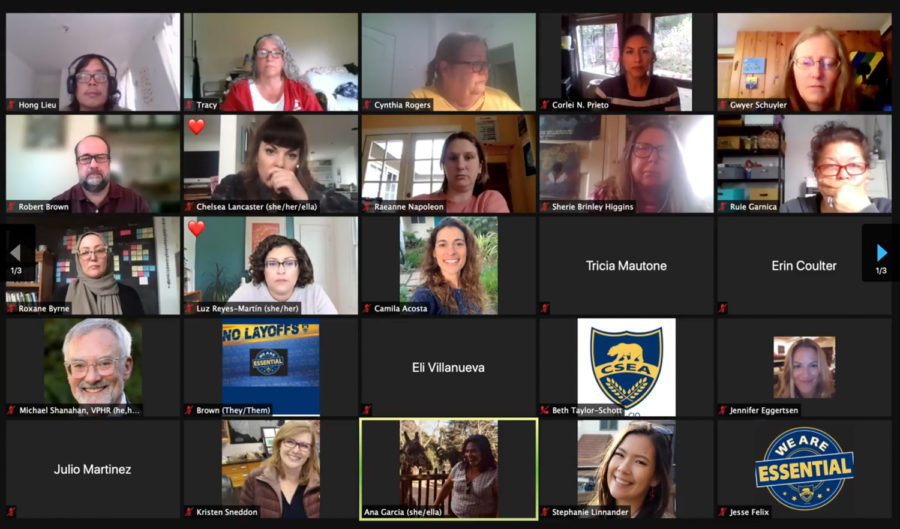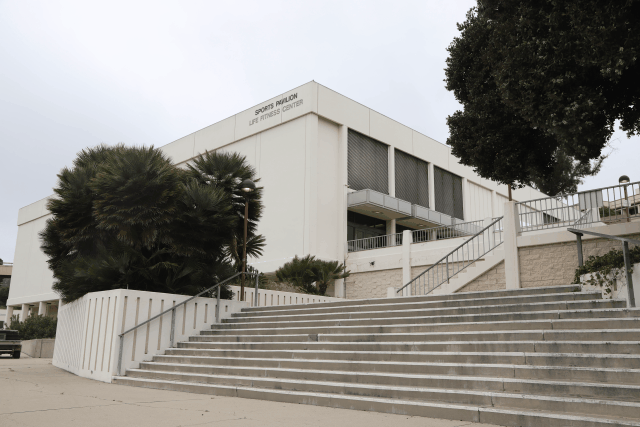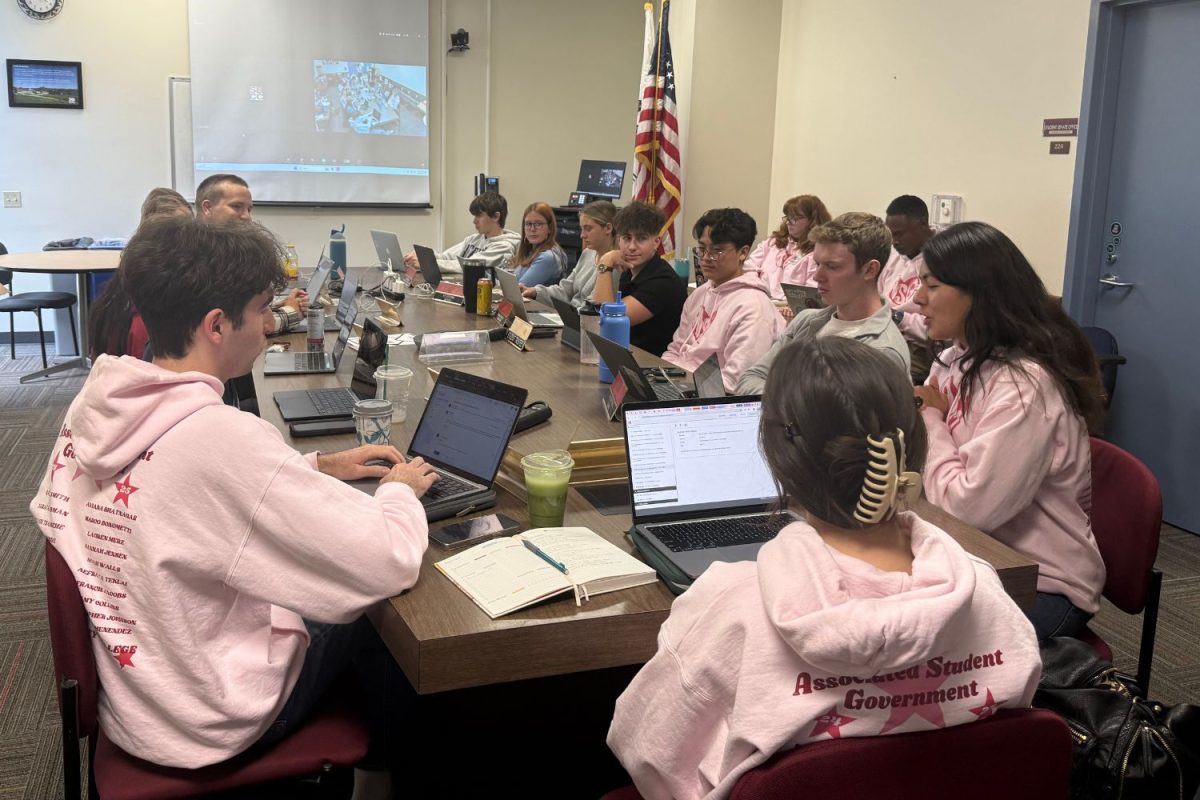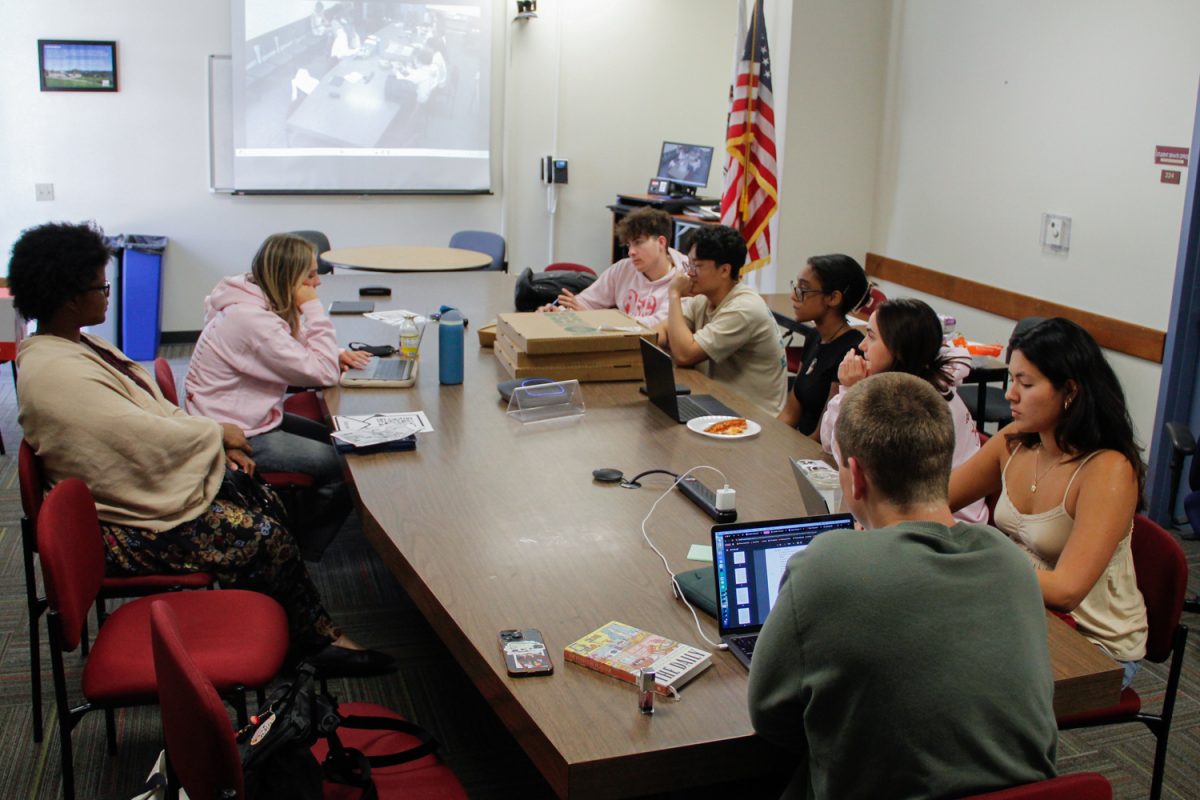The Campus Climate Advisory Committee Town Hall attracted over 60 people at its fourth meeting of the semester, addressing the campus climate at City College on Thursday over Zoom.
Accountability was the central issue of the meeting, described as holding people responsible for the potentially hurtful results of words and actions—from microaggressions to blatant discrimination—but the term has varying meanings to different people.
“It’s been on my mind a lot that we don’t have accountability, or haven’t seen accountability with a lot of the things we’ve seen in the past, and that also brings up the thought of consistency,” administrative assistant Jesse Felix said.
The town hall was created in response to an employee campus climate survey conducted nearly two years ago, which revealed dissatisfaction and lack of trust with campus leadership and how it handles reported discrimination.
Following the most recent public incident of alleged discrimination, questions of how the college has dealt with accountability over the years were prevalent.
“We still have problematic people who were not held accountable and are causing problems, and now if we have accountability, in particular, on a person of color, what does that say?” Felix said.
People in the meeting shared personal experiences of hurtful comments or encounters with co-workers. However, in many cases, they said leaders would brush off the reported concerns or not take them seriously.
“I think the question is, who can we go to?” wrote Erin Coulter, administrative assistant to the Vice President of the School of Extended Learning, in the chat.
Beneath most of the concerns was a recurring question of how to move forward.
Although co-chair Raeanne Napoleon said antiracism training sessions were “transformative” for her to go through, she said it would take more than just more training to fix things.
“We also have to fight the structures,” she said.
Academic counselor Ana Garcia agreed with Napoleon.
“We’re at a point where we need to move beyond books, beyond book clubs, and we need to start putting words to action,” Garcia said.
Academic counselor Gwyer Schuyler expressed appreciation for senior administrators at the town hall, but also said she’d like to see more of them in attendance and collaborating.
Schuyler initially proposed the town hall in Fall 2020 at a College Planning Council meeting, where it was debated among employees and administrators for the remainder of the semester.
“Maybe I’m not seeing it, maybe it’s happening,” Schuyler said. “But to really change the culture of the college, it seems we need more conversations like this where we see that they’re wanting to participate with us.”
Vice President of Human Resources Michael Shanahan stressed the importance of filing reports of discrimination through the Report a Concern form, to make sure any experience is documented and can enter the system of action.
But many members admitted a distrust of that system, especially when concerned with the anonymity of the report and fears of retaliation.
“We’re making it to be as anonymous as possible,” Shanahan said. “We will be rolling that out in the next few months to raise awareness of the form, and to really make it clear that it doesn’t take an emergency or a building blowing up to file a concern.”
As of now, the town hall is not set to meet again this semester.












![Ken Watts uses the cable chest press machine on April 9 in Santa Barbara, Calif. "[What] people value the most in personal training is accountability," Watts said.](https://www.thechannels.org/wp-content/uploads/2025/04/MGSWatts-3-1200x800.jpg)


